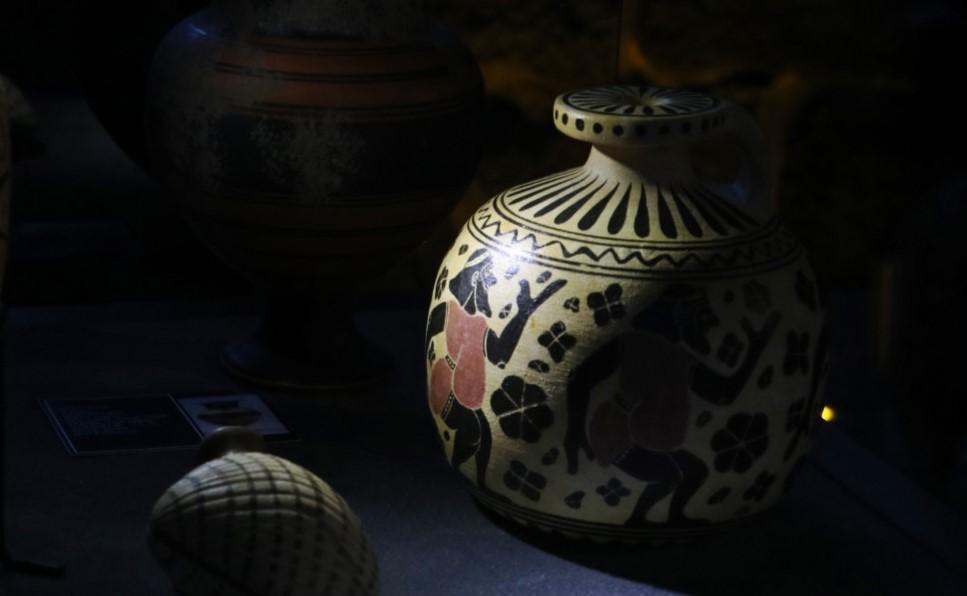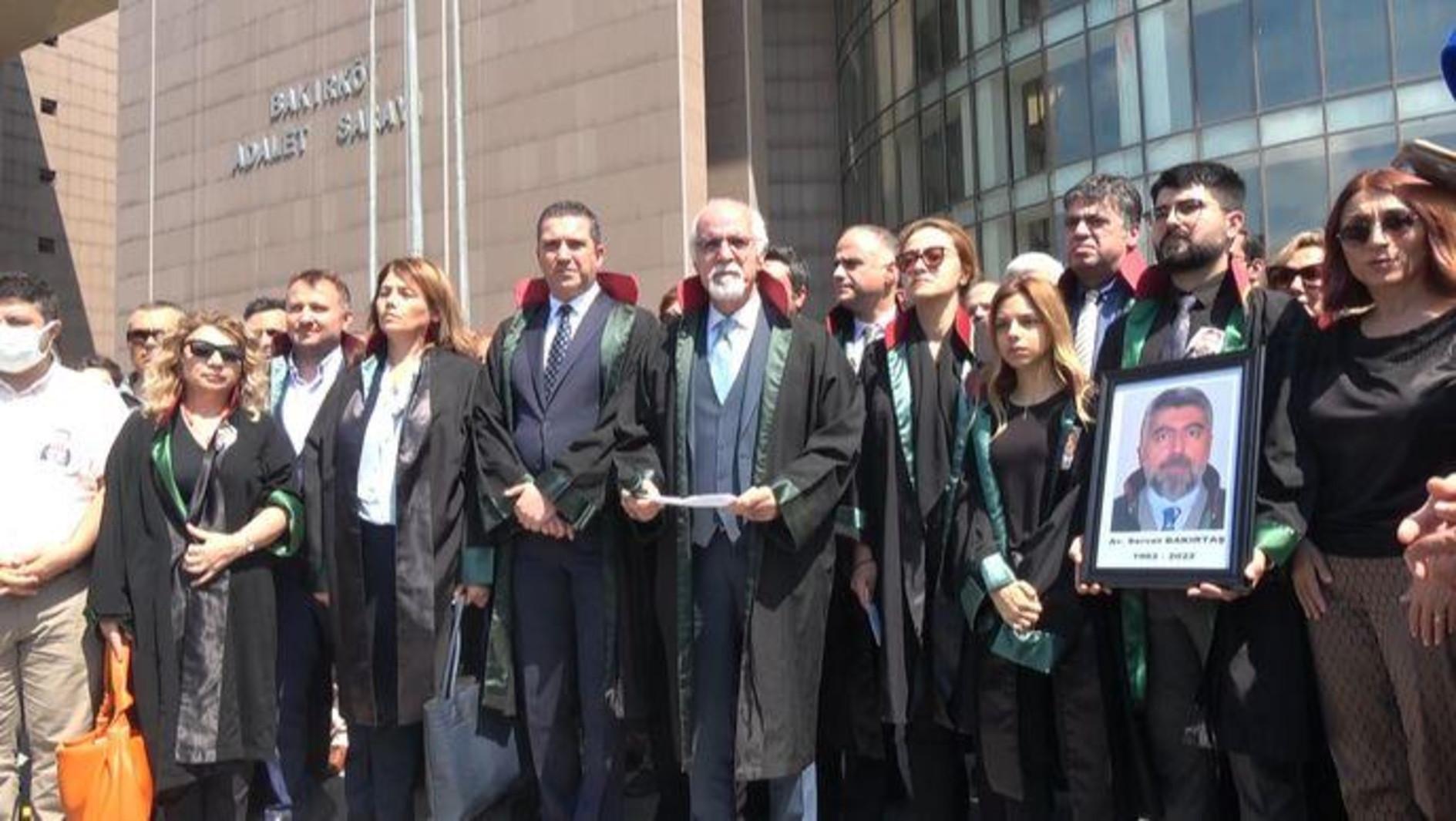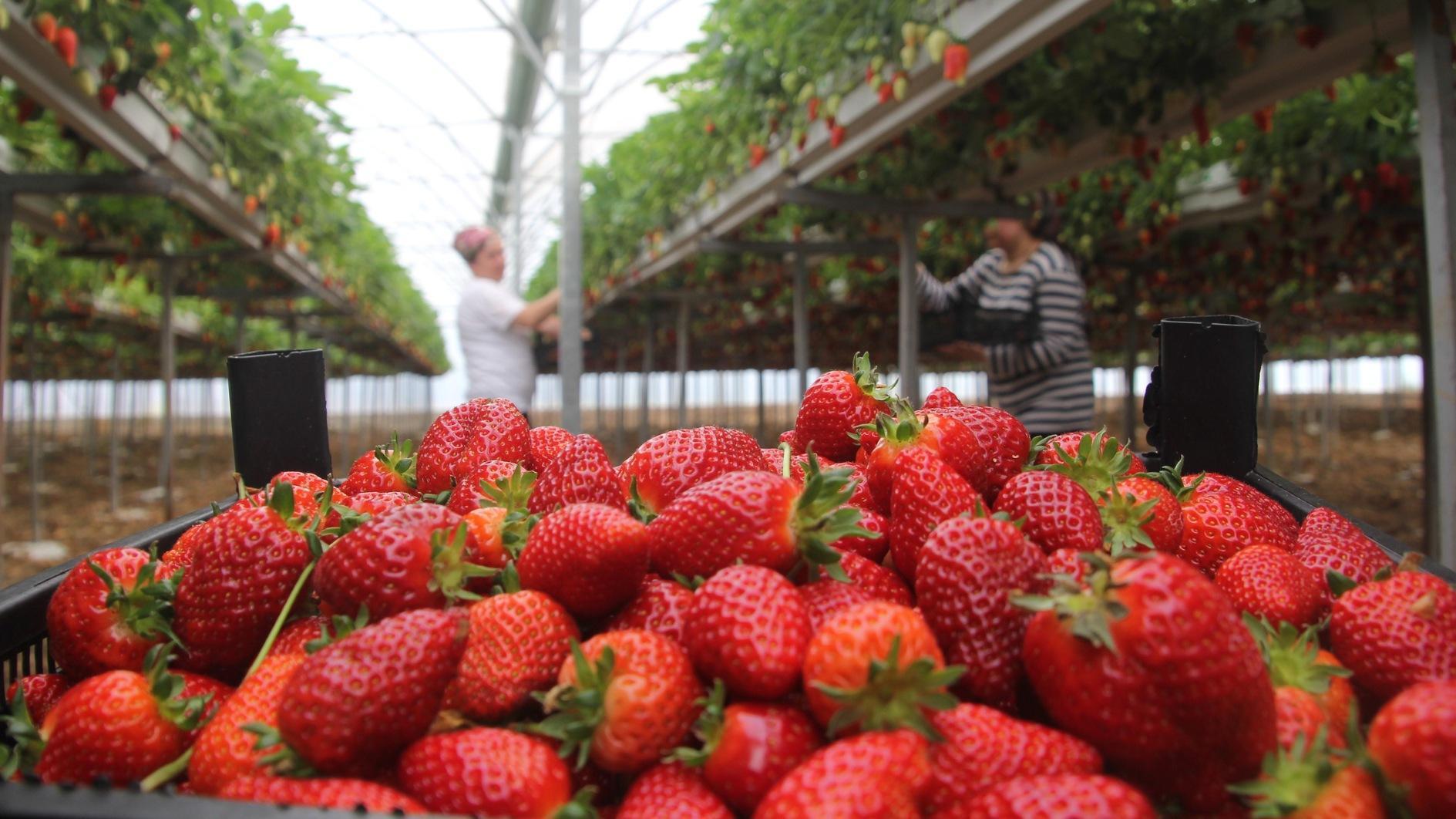Perfume of Mesopotamian plants to be produced
DİYARBAKIR

3,200-year-old fragrance produced using the Upper Mesopotamian plants in Diyarbakır has been turned into a perfume and put on display in the historical Saint George Church in the southeastern province of Diyarbakır.
“These fragrances that we will promote on International Women’s Day will also make a significant contribution to employment,” Aromatherapist and fragrance specialist Bihter Türkan Ergül said, adding that they will start mass production as soon as possible.
The second of the Mesopotamian Fragrances Exhibition, which was held in Şanlıurfa a while ago, was recently opened at the Church of Saint George in Diyarbakır, one of the most important routes of scent in ancient civilizations.
The 3,200-year-old fragrance, obtained from endemic plants grown on Mesopotamian soil, has been turned into perfume. The perfume was named Nisaba, the Mesopotamian Goddess of soil, grain, and knowledge.xAt a recent ceremony, a sample of 3,200-year-old fragrances was presented to the participants.
Replicas of fragrance bottles and fragrance containers, found in the Zerzevan Castle between Diyarbakır and Mardin, were put on display in the exhibition.
Ergül said that Diyarbakır, located in the Mesopotamian basin of the Sumerian, Assyrian, Babylonian and Hittite civilizations, which were among the most important civilizations where the scent culture flourished, was one of the most important stops of the scent routes in history.
“It is among our biggest goals to explore the scent culture and the used areas of scent in the company of experts and bring them to light again. These plants grow on Mesopotamian soil. We can’t say they are exactly the same because there is a huge time chronology between them. The plants obtained from these soils will continue to grow. The perfumes we have reproduced will be sold in European countries and other continents. The scent of our lands will be known in the world. We gave it a new name: Mesopotamian Nisaba, which is the goddess of grain, land and knowledge. We gave it this name because the grain comes from the soil.”
Diyarbakır Governor Ali İhsan Sus said the mass production will start without delay. “I think that the fragrance business is something that exists in human life together with the first human being. We will now commercialize it.”
Cenker Atilla, associate professor from Cumhuriyet University’s Department of Archeology, who is working on ancient glass vessels, said, “These vessels are exhibited in different countries of the world. We made exact replicas of them and opened an exhibition focused on Mesopotamia and Anatolia. In the future, we plan to analyze the finds in İzmir Bergama, Zerzevan Castle, and make the same perfumes made at that time to provide commercial income to the people of the region and to attract tourists.”
















